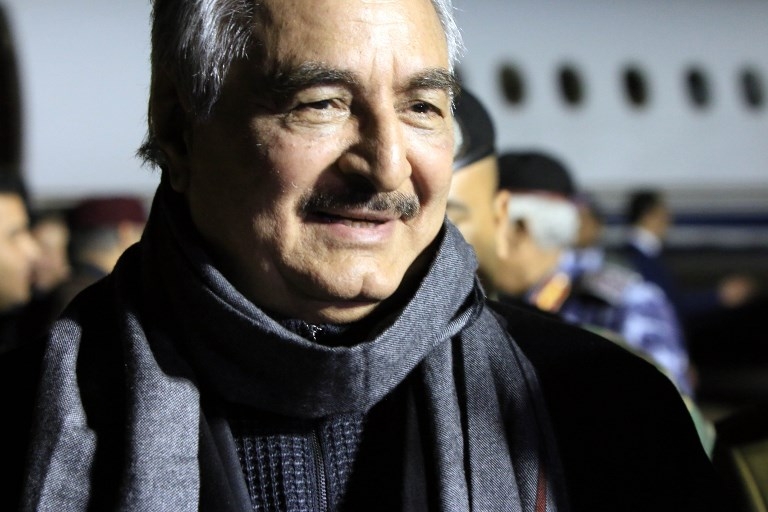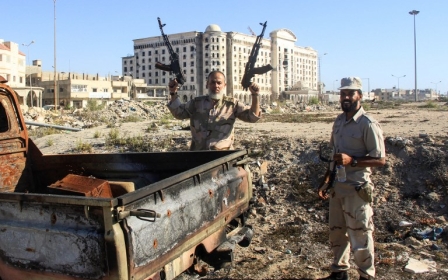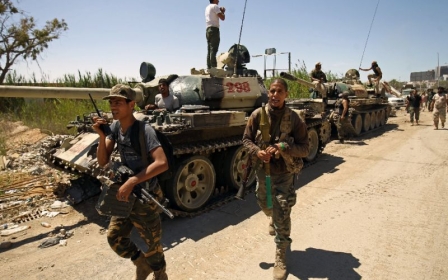France to host talks with Libya's premier, military leader

France said it will host talks on Tuesday between Fayez al-Serraj, head of Libya's UN-backed government in Tripoli, and Khalifa Haftar, a powerful military commander in the divided country's east who has so far rejected his authority.
During the talks, President Emmanuel Macron aims to show France's support for UN-backed efforts to stabilise the country, "which would be based upon the involvement of all the different factions in Libya," his office said in a statement.
The oil-producing country has been mired in chaos and fighting since rebels toppled strongman Muammar Gaddafi in 2011.
Western governments are pushing a UN-backed political agreement to unify the country under which Serraj's government was installed.
But Haftar, who this month declared victory over rival armed groups in the battle for Libya's second city Benghazi, has refused to accept the government's legitimacy.
The two men held their first talks in more than a year and a half in Abu Dhabi in May, and this week's talks outside Paris were flagged last week in several media reports.
Diplomats say the Paris talks will focus on agreeing on key principles - that the political accord is the way forward, that no military solution exists, and that the military should be under civilian control.
The turmoil in Libya has allowed Islamist State militants and people-traffickers to thrive: the North African country is the main point of embarcation for migrants attempting the dangerous voyage across the Mediterranean to Europe.
With no national army, brigades of former rebels who once fought together to oust Gaddafi have become powerful competing factions. Each is backed by rival political leaders in fluid alliances locked in a struggle for control.
Serraj is loosely supported by a coalition of armed brigades in the west of the country, but even in the capital Tripoli his government has struggled to impose its authority.
New MEE newsletter: Jerusalem Dispatch
Sign up to get the latest insights and analysis on Israel-Palestine, alongside Turkey Unpacked and other MEE newsletters
Middle East Eye delivers independent and unrivalled coverage and analysis of the Middle East, North Africa and beyond. To learn more about republishing this content and the associated fees, please fill out this form. More about MEE can be found here.




